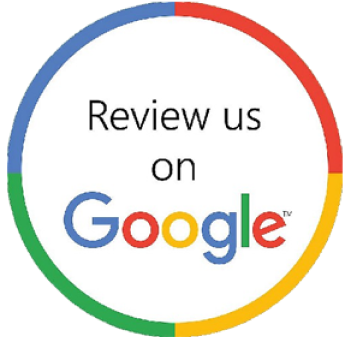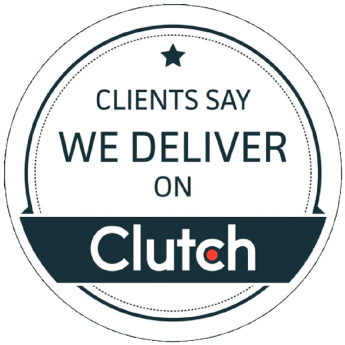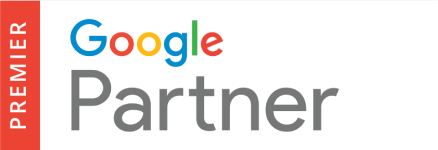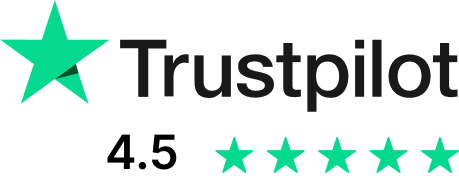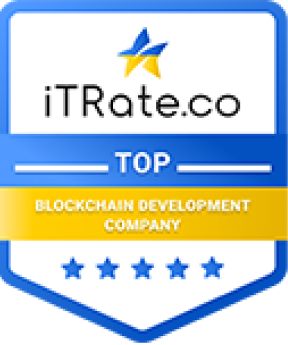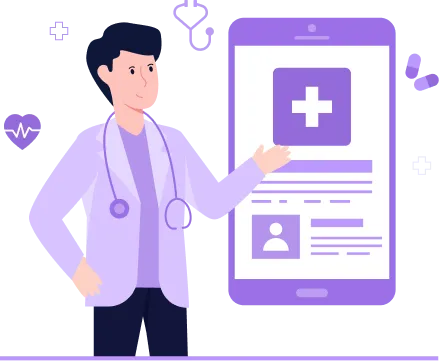
Healthcare Mobile App Development Services
Tanθ Software Studio, Revolutionize healthcare with our mobile app expertise! With 3+ yrs of experience, advanced tech & personalized solutions. Get benefits from data security, AI-driven features, seamless experiences. We prioritize customer satisfaction for healthier as connected futures.
Business Benefits Healthcare Mobile App
Increased Accessibility to Healthcare Services
Our mobile apps break down geographical barriers and make easy remote access to healthcare services. Telemedicine features enable virtual consultations to reducing the need for physical visits, especially beneficial for patients in remote areas or those with limited mobility. This increased accessibility contributes to timely healthcare interventions and a broader reach of medical services.
Preventive Healthcare Measures
Mobile apps authorize users to adopt preventive healthcare measures by offering features like fitness tracking, wellness tips and personalized health assessments. Encouraging users to proactively manage their health can lead to a reduction in the incidence of chronic conditions and the overall burden on the healthcare system. This preventive approach supports long term health and well being.
Market Differentiation and Competitive Advantage
Offering a healthcare mobile app provides a distinct competitive advantage in the market. Patients increasingly value digital healthcare solutions and providers with innovative apps can differentiate themselves from competitors. A feature rich and user-friendly app can become a unique selling point, attracting new patients and solidifying the organization's position in the healthcare environment.
Community Building and Health Education
Healthcare mobile apps can serve as platforms for community building and health education. Features like forums, discussion groups and educational resources create a sense of community among app users. This not only boosts view support but also enhances health literacy that empowering individuals to make informed decisions about their health and well being.
Adaptability To Emerging Technologies
Investing in a healthcare mobile app positions healthcare providers to adapt to emerging technologies seamlessly. Whether incorporating AI-driven diagnostics, wearables or other innovations, an app's architecture designed for adaptability allows for the integration of innovative technologies. This future proofing ensures that the healthcare organization stays at the forefront of technological advancements.
Facilitation of Remote Clinical Trials
The mobile apps play a crucial role in the facilitation of remote clinical trials. They enable participants to engage in trials from the comfort of their homes to promoting inclusivity and expanding the pool of potential participants. This can lead to faster recruitment, improved data collection and a more efficient overall clinical trial process.
Feature We Offer In our Healthcare Mobile App

Telemedicine Integration
The healthcare mobile app development includes seamless Telemedicine integration by allowing users to connect with healthcare professionals remotely. Through high quality video consultations, patients can receive timely medical advice, diagnosis and treatment that remove the need for physical visits. This feature enhances accessibility, especially for individuals in remote areas or those with limited mobility.
 Management.webp)
Electronic Health Records (EHR) Management
Healthcare apps prioritize efficient Electronic Health Records (EHR) management to ensuring secure storage and seamless retrieval of patient data. This streamlines healthcare workflows that granting providers instant access to critical information for informed decision-making and personalized care. Patients enjoy a centralized repository of their medical history to promoting continuity of care across various healthcare settings.

Appointment Scheduling And Reminders
Our healthcare mobile apps streamline appointment scheduling by offering users convenient booking and management options. Automated reminders reduce no-show rates that improving overall service efficiency. This benefits patients by minimizing wait times and optimizes provider schedules for a well organized and streamlined patient care experience.

Health Analytics and Monitoring
While our apps uses advanced health analytics that empowering users to proactively track and manage their well being. From monitoring essential signs to analyzing fitness data that individuals can make informed decisions. Healthcare providers use real time data for personalized recommendations to boost a collaborative and preventive healthcare approach.

Wearable Integration
Integrate wearable devices seamlessly with our mobile app to track health and fitness data.Users can sync their wearbles to monitor activity levels,sleep patterns and heart rate providing valuable insights into their overall well-being and enabling personalized health recommendation.

Video Consultations
Enable video consultations between patients and healthcare providers directly through the mobile app.This feature allows for remote diagnosis,follow-up appointments and medical advice,enhancing accesibility to healthcare services and providing convenience for both patients and providers.

Precription Management
Efficiently manage precriptions with our app's precriptions management feature.Users can refill precriptions ,receive medication reminders and acces their medication history,promoting medication adheranc and ensuring continuity of care.

Provide Education Resources
Provide access to educational resources and health information within the mobile app.Users can access articles,videos and interactive tools to learn about various health topics,empowering them to take control of their health and make informed desicions.
Advanced technologies We use Modern Healthcare Mobile App




 For Administrative Tasks.webp)

Why Choose Tanθ for Your Needs?

Customized Solutions to Unique Needs
Choosing for custom healthcare mobile app development allows organizations to create specialized solutions that specifically address their unique needs and challenges. Unlike off the shelf solutions for custom apps can be designed to match the specific workflows, requirements and preferences of healthcare providers to resulting in a more seamless integration into existing processes.

Enhanced Data Security and Compliance
The custom healthcare mobile apps enable organizations to implement strong security measures and ensure compliance with industry specific regulations such as HIPAA (Health Insurance Portability and Accountability Act). Making security features to the app's specific requirements provides a higher level of data protection to reducing the risk of violations and safeguarding sensitive patient information.

Scalability and Flexibility
Custom healthcare apps are built with scalability in mind by allowing them to grow and adapt to changing demands. As healthcare organizations expand or introduce new services, custom apps can be easily scaled to accommodate increased user loads, additional features or integration with emerging technologies. This scalability ensures the app remains effective and efficient over time.

Seamless Integration with Existing Systems
Our custom healthcare mobile apps seamlessly integrate with EHR systems and hospital management software that streamlining workflows to reducing data warehouse and enhancing overall interoperability. This ensures a cohesive and efficient healthcare ecosystem. Customization sets the app perfectly with existing technology stacks by minimizing disruptions and optimizing performance.
Healthcare Mobile App Development process We Follow

Requirement Analysis
In this development process begins with a comprehensive analysis of the healthcare app requirements. This involves understanding the client's goals, target audience, desired features and any regulatory compliance considerations. Through thorough requirements gathering, we ensure a clear roadmap for the development process and arrangement with the client's objectives.

Design and Prototyping
The next phase involves creating a user-centric design and prototyping the app. This step focuses on preparing an intuitive user interface (UI) and user experience (UX) design. Prototypes allow for early visualization and testing of key functionalities to ensuring that the app's design sets with user expectations and industry best practices.

Development and Integration
Once the design is finalized, our development team begins coding the healthcare mobile app. We prioritize strong backend development to incorporating necessary features such as EHR integration, telemedicine capabilities and security measures. Seamless integration with existing healthcare IT infrastructure is a key consideration that ensuring the app works cohesively within the broader healthcare ecosystem.

Testing and Quality Assurance
Rigorous testing is conducted to ensure the app's functionality, security and performance meet the highest standards. This includes functional testing, security testing, usability testing and compatibility testing across various devices and platforms. Quality assurance measures are implemented to identify and correct any issues to guaranteeing a stable and reliable healthcare app.
A Snapshot of Our Success (Stats)

Total Experience
0Years

Investment Raised for Startups
0Million USD

Projects Completed
0

Tech Experts on Board
0

Global Presence
0Countries

Client Retention
0
Proof of Concept
Our Healthcare Mobile App Development begins with a meticulous Proof of Concept (PoC). We analyze client requirements, identifying key features and functionalities. Design and prototyping follow to focusing on an intuitive user interface. Development incorporates strong backend coding, emphasizing EHR integration and security. Rigorous testing ensures compliance, functionality and performance. This PoC process guarantees a well defined roadmap that aligning the app with client goals and industry standards to setting the foundation for a successful healthcare mobile app.
Identifying Key Objectives
The Proof of Concept (PoC) stage initiates by defining the key objectives of the healthcare mobile app. This includes identifying challenges such as improving patient engagement, enhancing remote monitoring or streamlining appointment scheduling. Clear objectives set the stage for a focused experiment that validating the feasibility of the proposed healthcare solution.
User Feedback And Iteration
PoC is presented to a select group of users, which may include healthcare professionals, administrators or even end users. Gathering feedback at this early stage is invaluable for identifying potential improvements, validating assumptions and ensuring that the app meets the actual needs of its users. This iterative process allows for refinement before full scale development.
Regulatory Compliance Assessment
In the Proof of Concept, a detailed review of regulatory requirements are including compliance with standards like HIPAA that ensures alignment with industry norms. This assessment proactively identifies legal or compliance challenges in early development to minimizing risks and ensuring strict adherence to healthcare data protection standards.
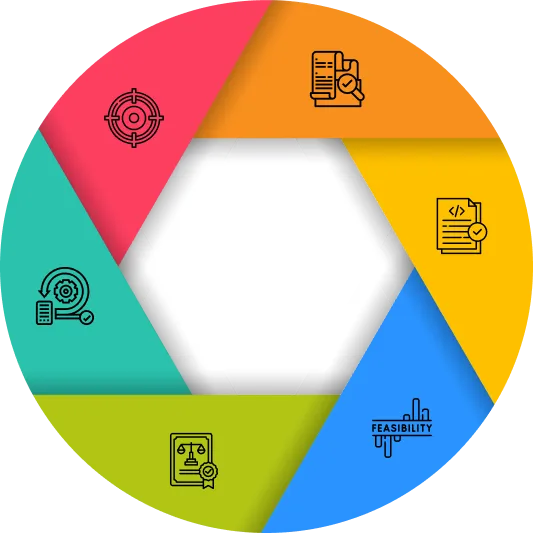
Interoperability Verification
Interoperability is essential for healthcare apps to seamlessly exchange data with other systems and devices. During the Proof of Concept, interoperability is verified by testing the app's ability to communicate with different healthcare IT systems, devices and platforms. This ensures that the app can effectively share and receive data to boost a more connected and collaborative healthcare environment.
Technology Stack Validation
The Proof of Concept serves as an opportunity to validate the choosen technology stack for the healthcare mobile app. This includes assessing the compatibility of development frameworks, programming languages and database systems. Ensuring the right technology choices early in the development process contributes to the app's efficiency, maintainability and long term viability.
Cost And Feasibility Analysis
PoC serves as a basis for a comprehensive cost and feasibility analysis. This includes estimating the resources required for full scale development, ongoing maintenance and potential scalability needs. This analysis provides stakeholders with a clear understanding of the project's financial implications and helps in making informed decisions regarding the continuation of the healthcare mobile app development initiative.
We Start Here
Begin on a transformative journey in healthcare mobile app development with us. Beginning at the core of your vision, we conduct a comprehensive analysis that defining objectives and understanding unique requirements. Our process seamlessly integrates innovative technologies to prioritizing user-centric design. Through meticulous planning, development and rigorous testing, we make apps that streamline workflows, enhance patient care and modify to emerging trends.

User Training and Onboarding Preparation
Concurrently with development, preparations for user training and onboarding are initiated. User-friendly guides, tutorials and educational materials are developed to facilitate a smooth onboarding process for both healthcare professionals and end users. Ensuring that users are familiar with the app's features improves adoption rates and overall user satisfaction.

Collaboration with Healthcare Stakeholders
Collaboration with healthcare stakeholders by including professionals, administrators and patients that is an ongoing process. Regular communication channels such as surveys, focus groups and direct feedback to make easy a collaborative approach to app improvement. This ensures that the app evolves in collaboration with the evolving needs and expectations of its users.

Data Analytics and Insights Utilization
Using data analytics tools integrated into the app, healthcare organizations can gain valuable insights into user behavior, trends and the overall performance of the application. Analyzing this data provides opportunities for continuous refinement that allowing organizations to make informed decisions about feature enhancements, user engagement strategies and future development priorities.

Post-Launch Monitoring and Maintenance
The journey doesn't end with deployment. Post-launch, the development team continues to monitor the app's performance, user feedback and any emerging issues. Regular maintenance and updates are provided to address evolving user needs, introduce new features and ensure ongoing compatibility with changing technologies.
Frequently Asked Questions
Latest Blogs
Uncover fresh insights and expert strategies in our newest blog! Dive into the world of user engagement and learn how to create meaningful interactions that keep visitors coming back.Ready to transform clicks into connections?Explore our blog now!

- Games

- India

- United States

316 8th Avenue, New York, NY 10012, United States

[email protected]

- Canada

40 A, 100 Main St E, Hamilton, Ontario L8N 3W7

[email protected]

- UAE

406, Building 185 Street 10,Jebel Ali Village,Discovery Gardens

[email protected]

- United Kingdom

28 S. Green Lake Court Fleming Island, FL 32003

[email protected]







